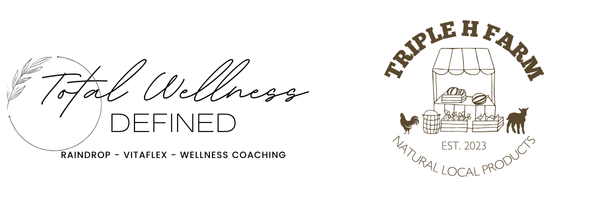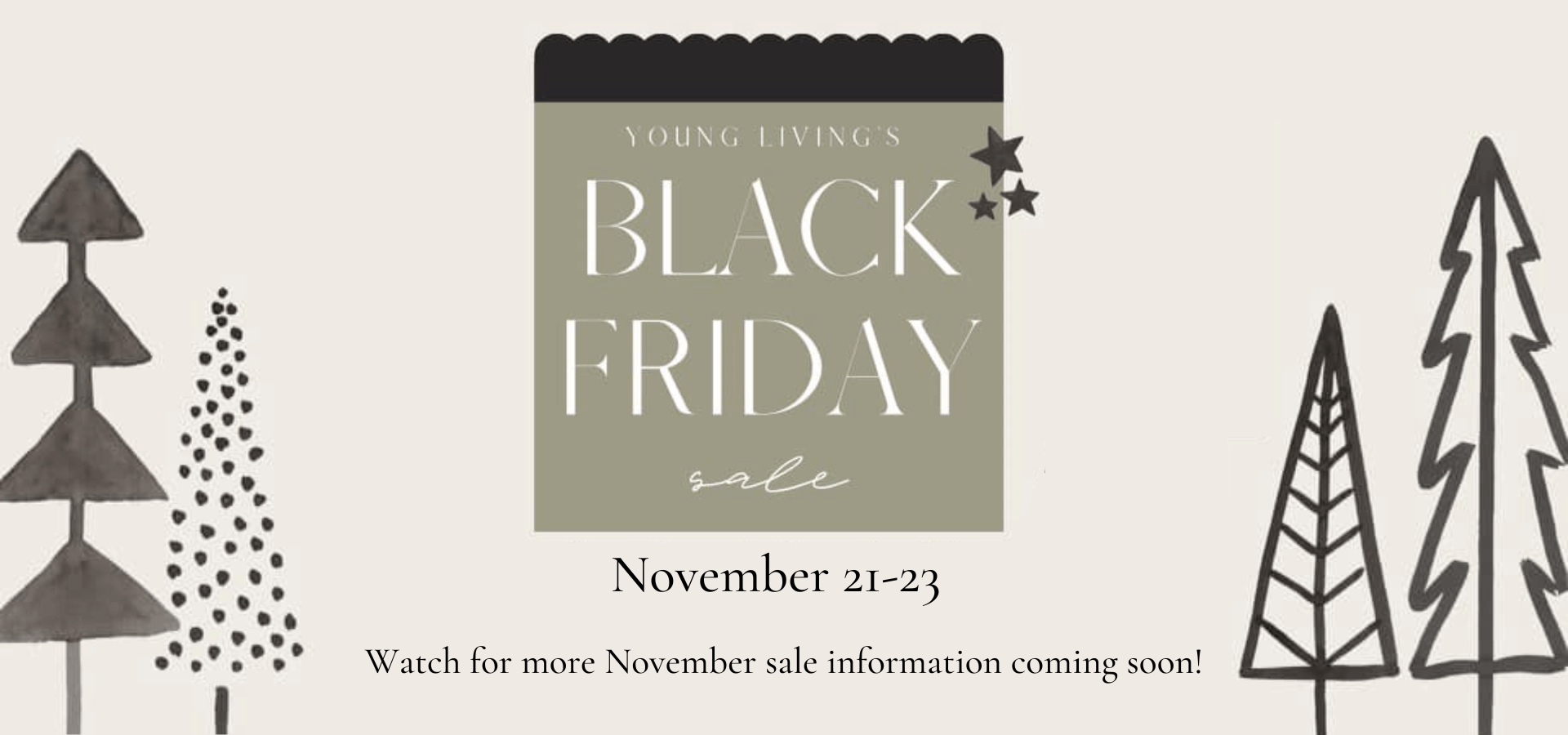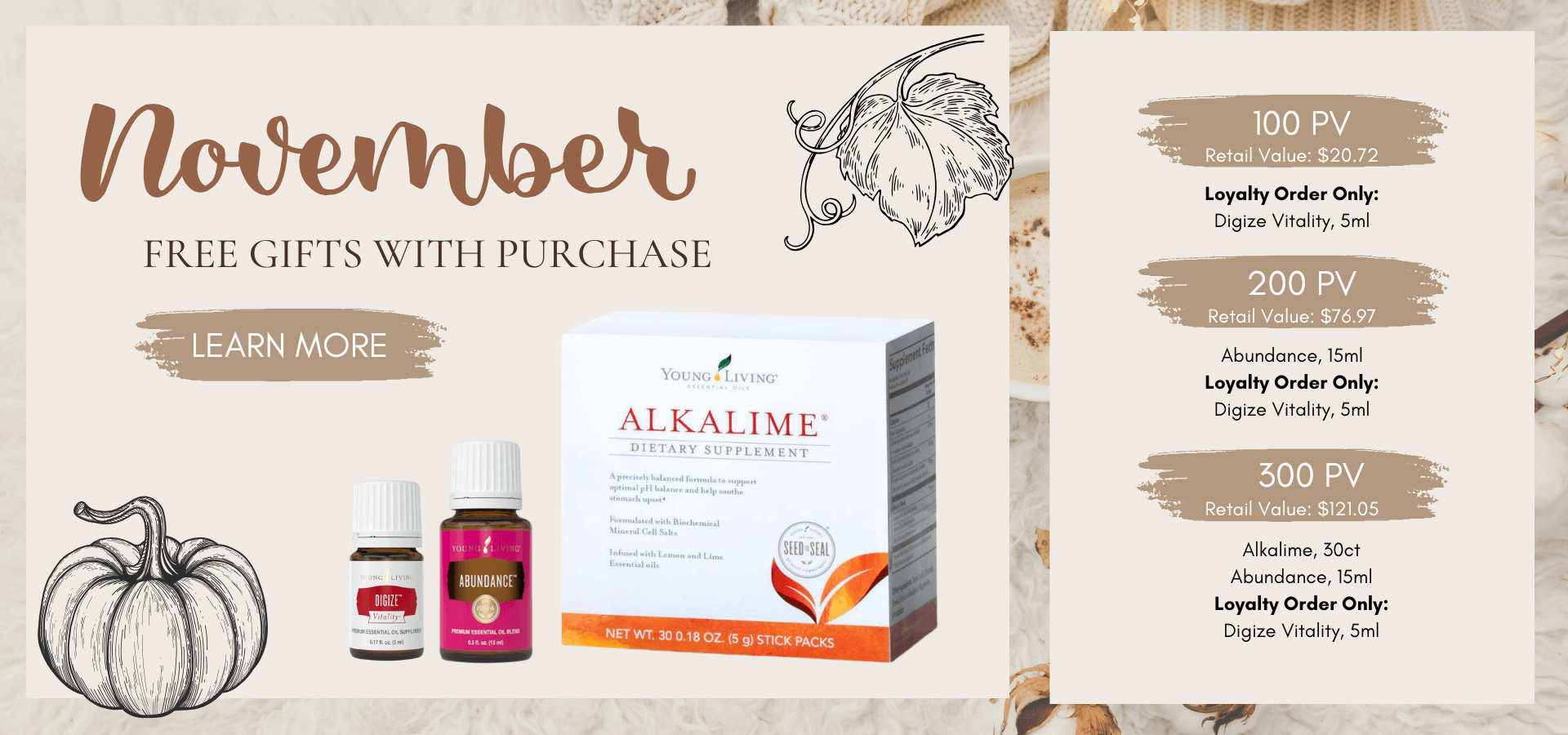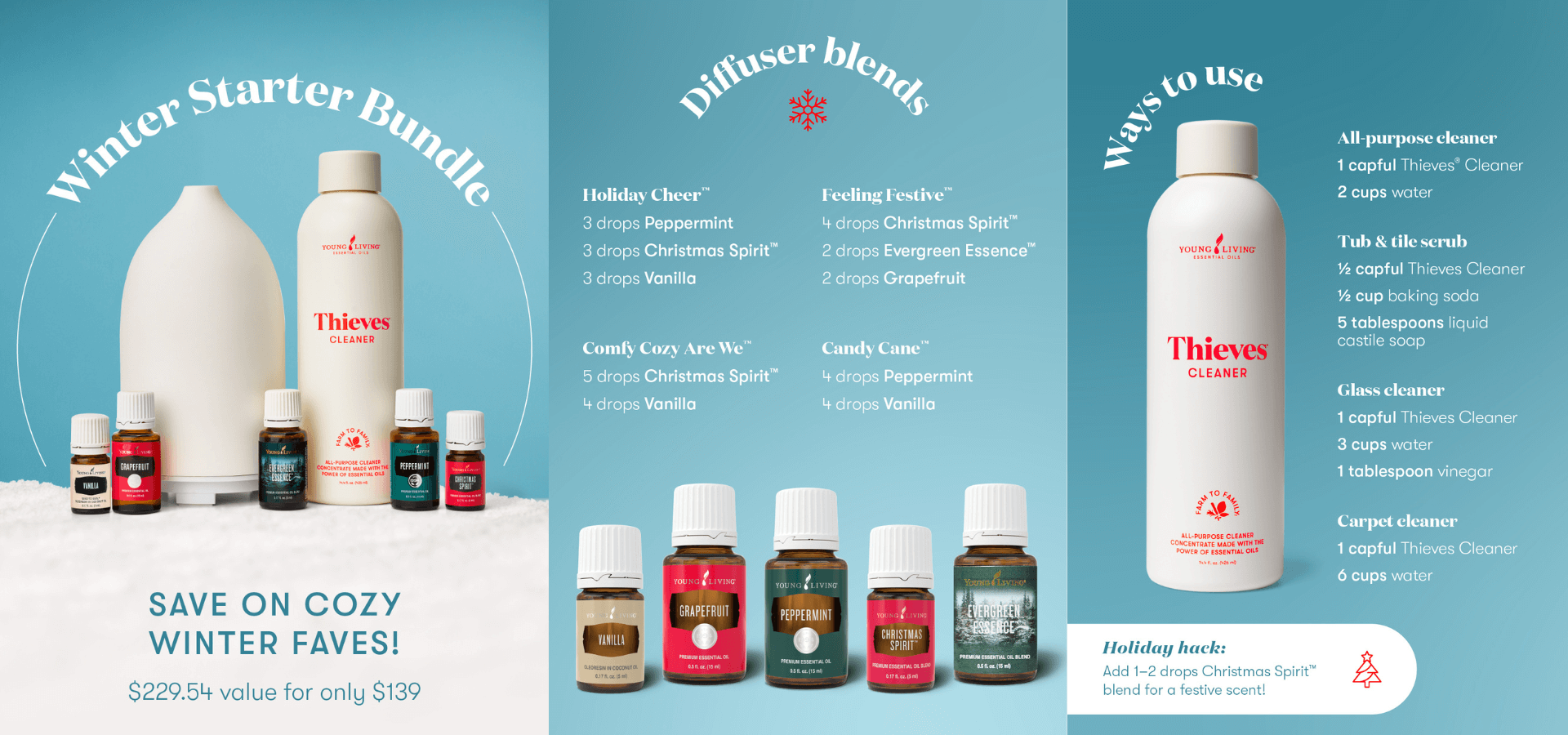

Supporting others through grief and loss during the holiday season
With all that's been going on in the world lately, and the devastation from recent weather events, the holidays may feel a bit different for some this year. For someone grieving the loss of a loved one or trying to navigate the total upending of the life they knew, the holidays can intensify feelings of sadness, loneliness, and longing. It’s natural to want to help but knowing how to support someone through their difficult emotions during this time can be challenging. Here are some thoughtful ways you can offer support:
1. Acknowledge Their Grief
One of the most important things you can do is acknowledge that the holidays may be hard for them. Grief doesn't take a break during the festive season, and pretending it isn't there can make the person feel even more isolated. Simply saying, "I know this might be a difficult time for you" can open the door for them to share their feelings. Avoiding the topic of their loss can make them feel that their grief is not valid, so it's helpful to create space for them to express what they need.
2. Listen Without Trying to Fix
Sometimes, the best thing you can do is listen. Grief is not something that can be "fixed" or taken away, but being a compassionate listener can be incredibly comforting. Avoid offering clichés like, "They're in a better place" or "Everything happens for a reason," which can unintentionally minimize their feelings. Instead, simply being present, saying, "I'm here for you," or asking, "How are you holding up?" allows them to share their emotions at their own pace.
3. Respect Their Boundaries
Everyone handles grief differently, and during the holidays, your loved one may need to set boundaries to protect their emotional well-being. There's a fine line between offering an invitation and creating pressure. Let them know they are welcome at gatherings or events, but be clear that there is no expectation for them to attend. Respect their choices without pushing them to join or trying to convince them that attending will make them feel better. Let them know it’s okay to say "no" to gatherings, and assure them that their feelings and needs come first.
4. Offer Practical Help
Grief can be emotionally draining, and during the holidays, the pressure to engage in social events, shopping, cooking, and decorating can feel overwhelming. Offering practical help can ease some of that burden. You could offer to help with holiday preparations like shopping or wrapping gifts, cook a meal, or run errands. If they need a break, offer to take care of tasks like decorating their home or preparing for a gathering, taking the kids for a bit, or even suggest a quiet day together away from holiday stress. Again, don't try to push them into your suggestions and let them know it's okay to say "no", while still showing you're there for them.
5. Incorporate Their Loved One’s Memory
For someone grieving, the absence of a loved one can feel especially pronounced during the holidays, a time usually centered around family and traditions. Finding meaningful ways to honor the memory of their lost loved one can bring a sense of connection and comfort. Suggest lighting a candle in their honor, making a favorite dish that reminds them of their loved one, or even creating a new tradition that includes their memory. These gestures acknowledge their loss and allow space for the person to remember without feeling like they must avoid the subject.
6. Be Patient
Grief doesn’t follow a timetable, and the holidays may amplify feelings of sadness even years after a loss. Be patient with your loved one as they navigate their emotions. They may experience good days followed by unexpectedly difficult ones. It’s important to let them grieve at their own pace and not to expect them to "move on" just because it’s the holidays. Offer continued support, understanding that their grief journey is unique.
7. Watch for Signs of Depression
Grief and depression can sometimes overlap, especially during emotionally charged times like the holidays. If your loved one begins to withdraw from activities they previously enjoyed, isolates themselves for long periods, or shows signs of deepening despair, it might be helpful to gently suggest talking to a professional. Compassionate encouragement to seek support from a counselor or therapist can be a lifeline for someone struggling with prolonged grief.
8. Be There Beyond the Holidays
While the holiday season may intensify grief, it’s important to remember that the pain of loss extends far beyond the festive period. Checking in after the holidays are over, continuing to offer your support, and being a consistent presence in their life shows that you’re there for the long haul. Grief evolves over time, and your continued care can make a world of difference as they navigate the ups and downs of their healing journey.
Supporting a loved one through grief during the holiday season requires sensitivity, patience, and a willingness to meet them where they are emotionally. By acknowledging their pain, offering practical help, and creating space for them to remember their loved ones, you can provide meaningful comfort during a time that may feel overwhelming. Above all, your presence and understanding can remind them they are not alone, even in their darkest moments.
Learn more about navigating difficult emotions in this month's class in our Facebook group.

Trauma Life
is formulated to soothe and release negative feelings while inviting harmony and peace into your life.
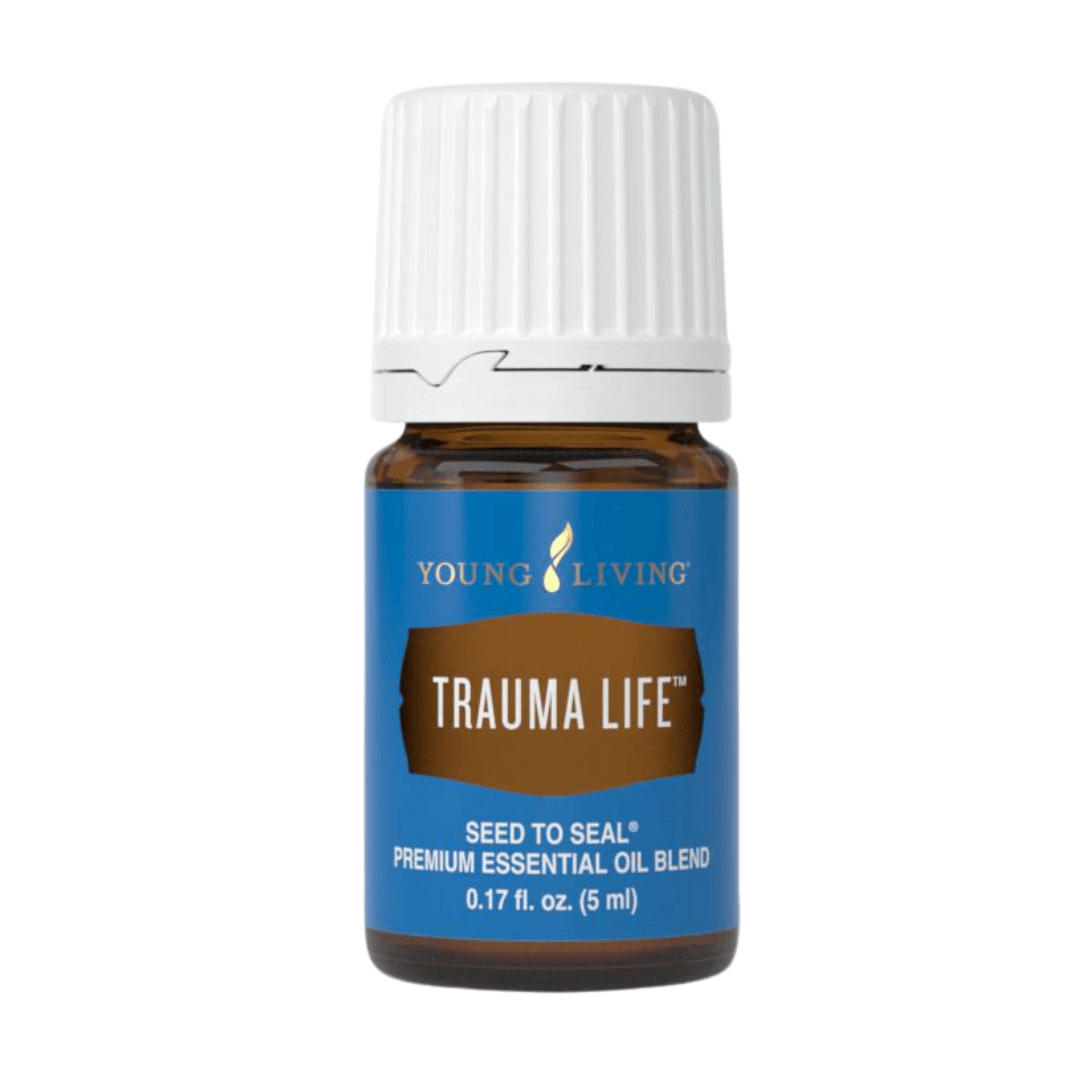
Hope
helps reconnect you to feelings of strength and stability toward your compelling future.
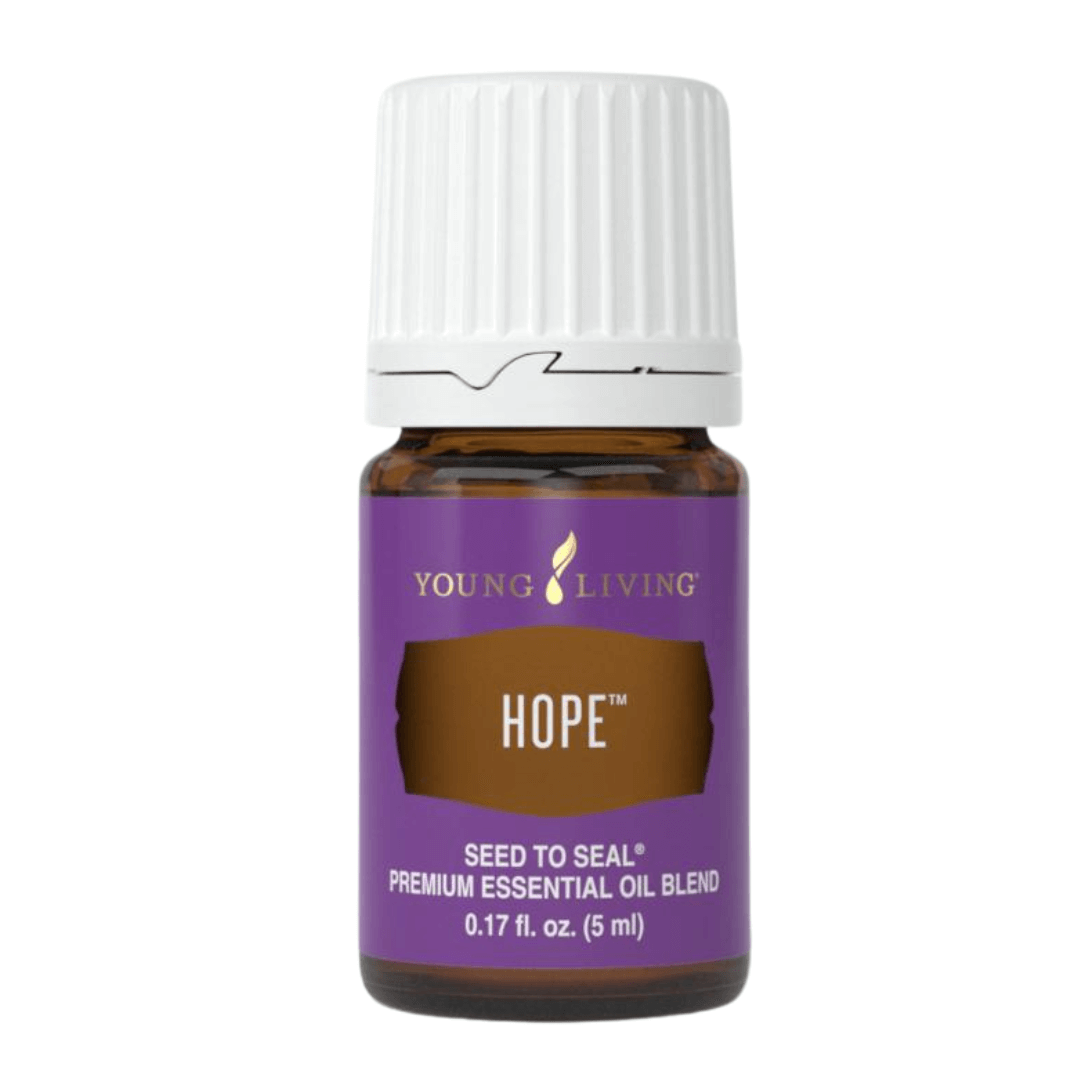
Acceptance
encourages feelings of self-worth and inspires you to break through personal barriers and reset negative and emotional thought patterns. *
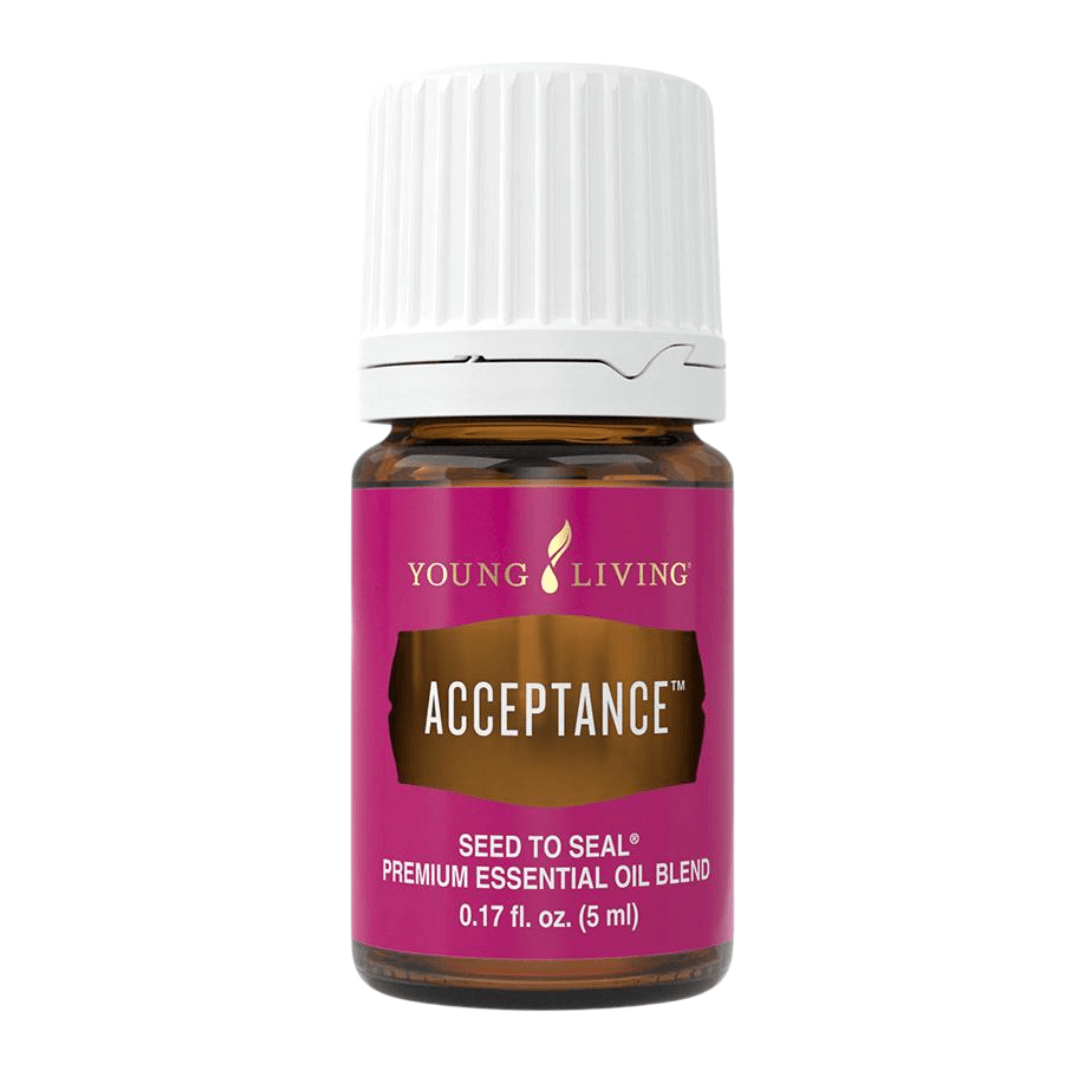
*These statements have not been evaluated by the Food and Drug Administration. Young Living products are not intended to diagnose, treat, cure, or prevent any disease.



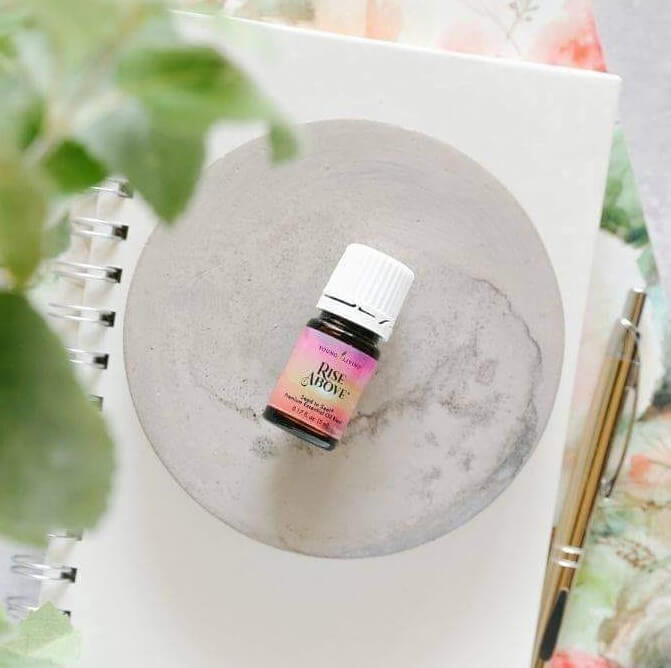
SPOTLIGHT ON RISE ABOVE
Rise Above essential oil blend, inspired by Young Living Founder D. Gary Young through Co-Founder and CEO Mary Young, features specific essential oils to help transform old thoughts that hold you back, so you can rise above to achieve your soul’s true purpose.
Watch our Facebook group for drops of information on Rise Above throughout the month.

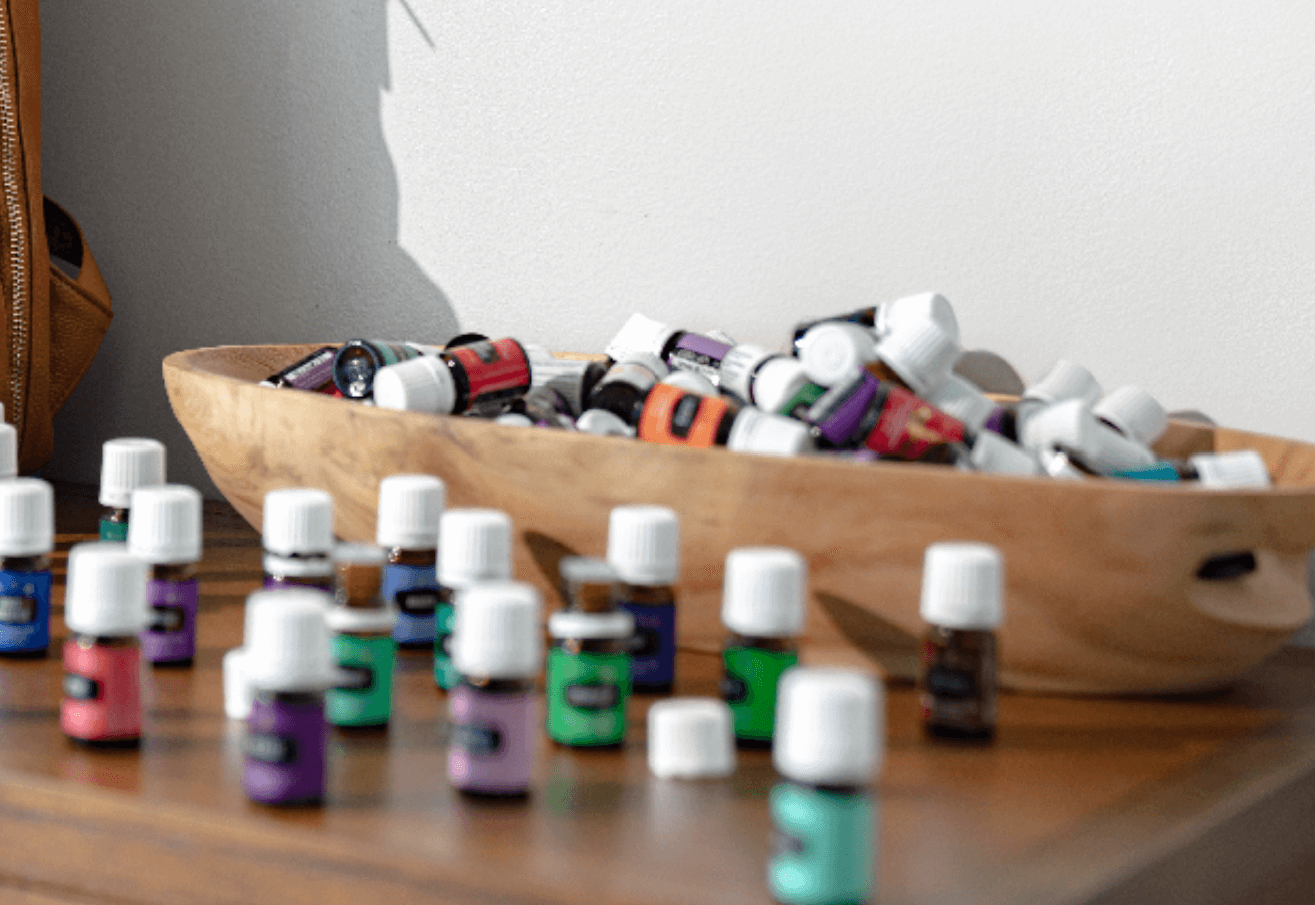
Recycling your empty essential oil bottles
If you ask any avid oiler, they'll probably tell you they save all their empty essential oil bottles. But why, and what do they do with all of them? Here's a list of great ideas I've gathered from my oil-loving friends for how to use your empties and get the benefits of every last little drop out of those bottles!
1. Bath Salts: Remove the tops and orifice caps from the bottles and place the bottles into a glass jar filled with Epsom salts. The salts will soak up the oils. Add 1/2 cup of your infused salts to your warm bath water.
2. Multipurpose Floral Water: Remove the tops and orifice caps and place the oil bottles into a large glass bowl or jar. Cover with water and let soak for 30-60 minutes. Drain the water into another container. It can now be used in so many ways, such as: adding to your diffuser, put into a spray bottle for a hair and body spray, use as the water in your Thieves Cleaner mix, water your plants, make a room spray, and more!
3. Perfume: Remove the tops and orifice caps and place the oil bottles into a large glass bowl or jar. Cover with a quality vodka and let soak for 30-60 minutes. Remove the oil bottles and pour the infused vodka into spray bottles for perfume.
4. Plant fertilizer: Mix 4 cups water with 1 Tbs baking soda and 1 Tbs Epsom salt. Stir until dissolved. Place empty essential oil bottles (especially lavender, rosemary, and basil, but others are fine too) with the tops and orifice caps removed into a glass bowl or jar and cover with the water mixture. Soak for 30-60 minutes. Pour into a garden sprayer. Lightly spray on leaves and around the base of your plants every 1-2 weeks. Shake before use and avoid oversaturating. This spray helps to repel pests, provides nutrients, and promotes overall plant health.
5. Samples: Add a few drops of oil to one of your empty oil bottles and let your friends try an oil for the first time, or make them a custom roller blend and add a roller top.
6. Diffuser Bombs: Pre-fill an empty oil bottle with a diffuser recipe you love and use it to quickly add the recipe to your diffusers. I like to use an empty Christmas Spirit bottle and fill with Christmas Spirit, Peppermint, and Vanilla. Don't forget to mark the bottle so you know what's in it!
7. Craft projects: let the kids get creative and use the empty bottles in craft projects. They'll get the benefits of inhaling the oil residue left in the bottles while they have fun!
There are so many more ways you can use your empty essential oil bottles. Get creative and have fun with it!
Have a YL tip you'd like us to consider for the monthly newsletter?
Send me an email at totalwellnessdefined@gmail.com with the subject "TIP OF THE MONTH"!

Candy Cane Christmas
Collegedale, TN
Come see us at our Young Living booth!
The Wellness Connection
Young Living wellness event in Nashville, TN! Lots of fun and prizes!
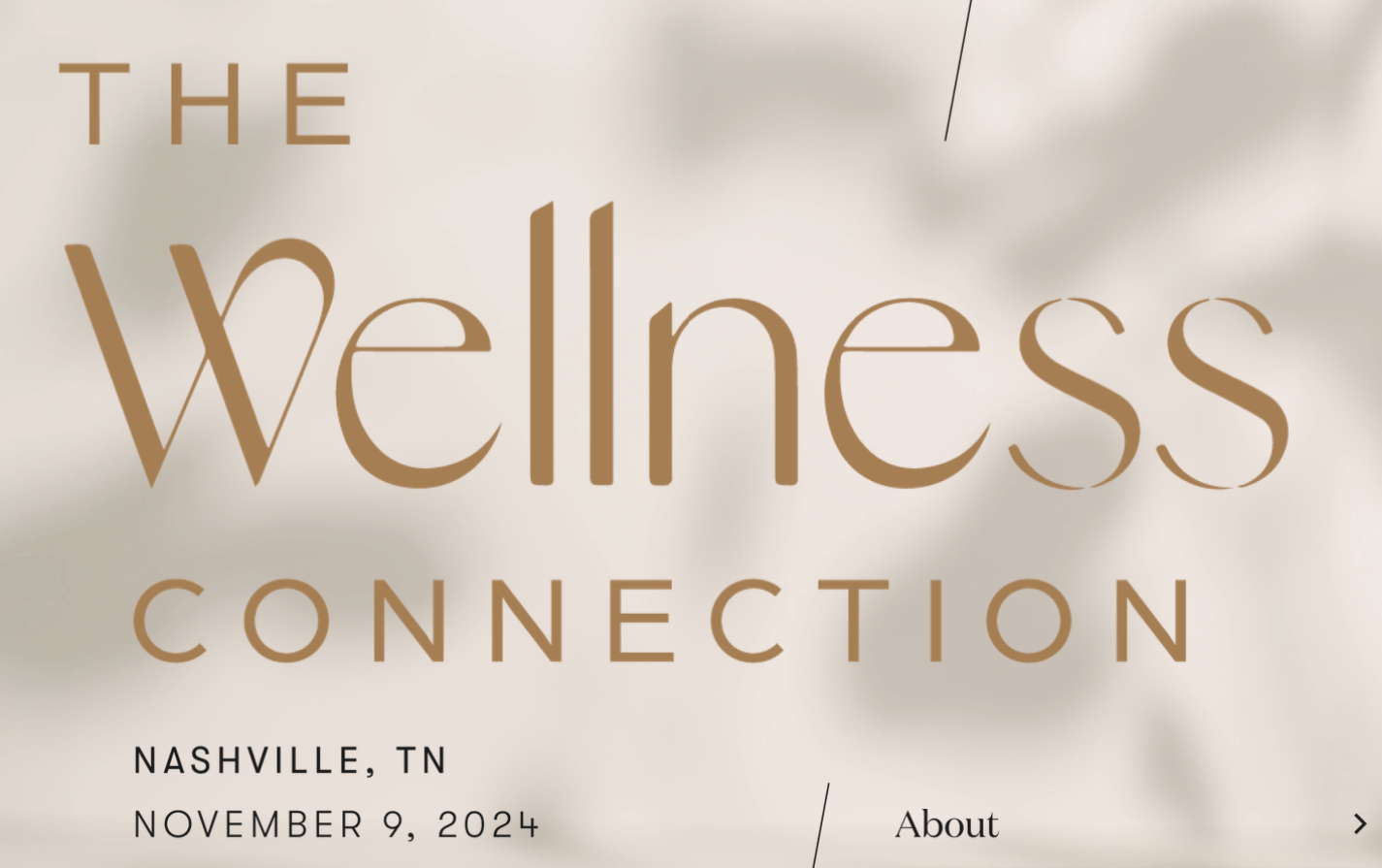
Southwood Street Market
3196 Merchants Row Blvd, Tallahassee, FL
Come see us at our booth!
Nov 24th 10:30am-1:30pm
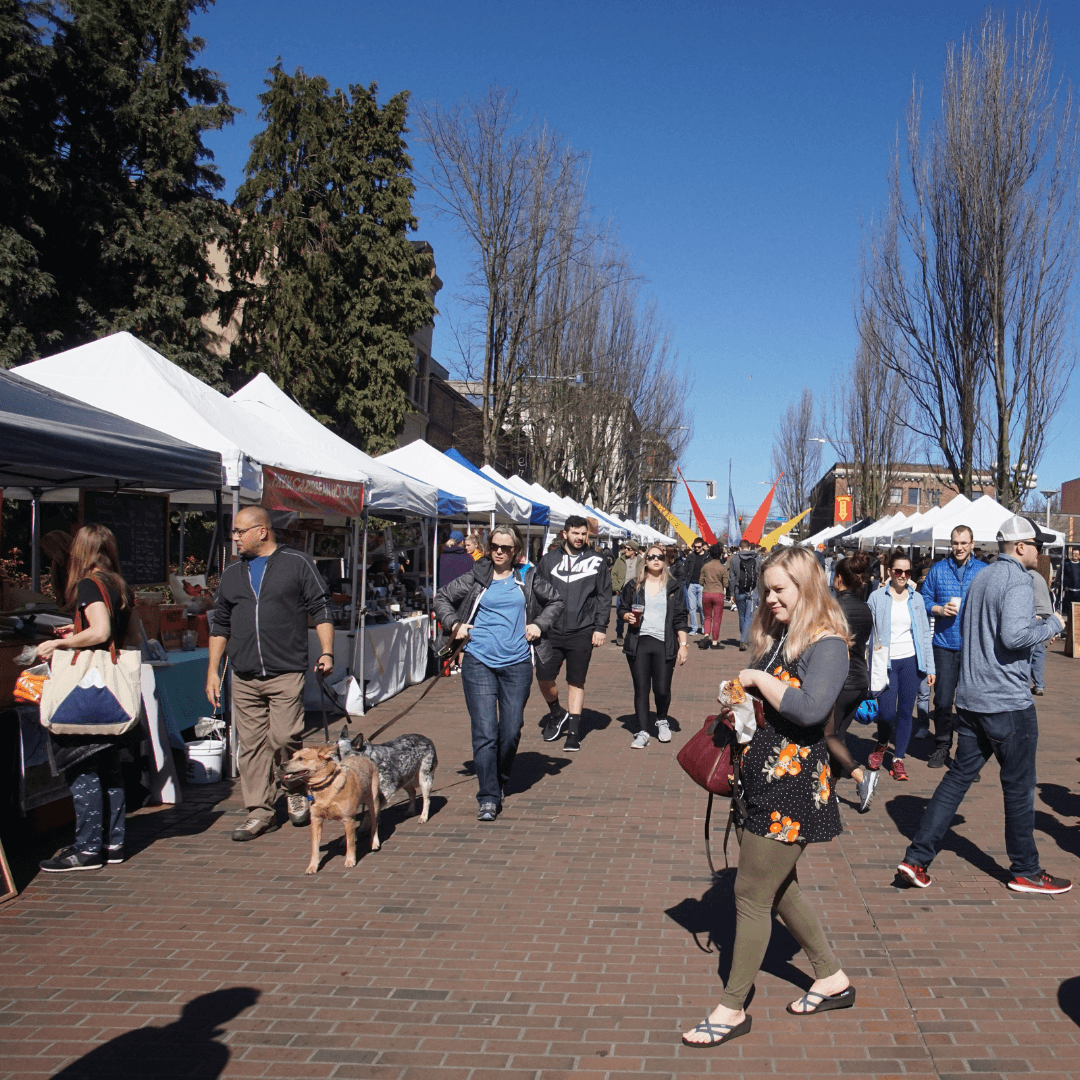
Coastal Christmas Market
Come see us at our booth!

